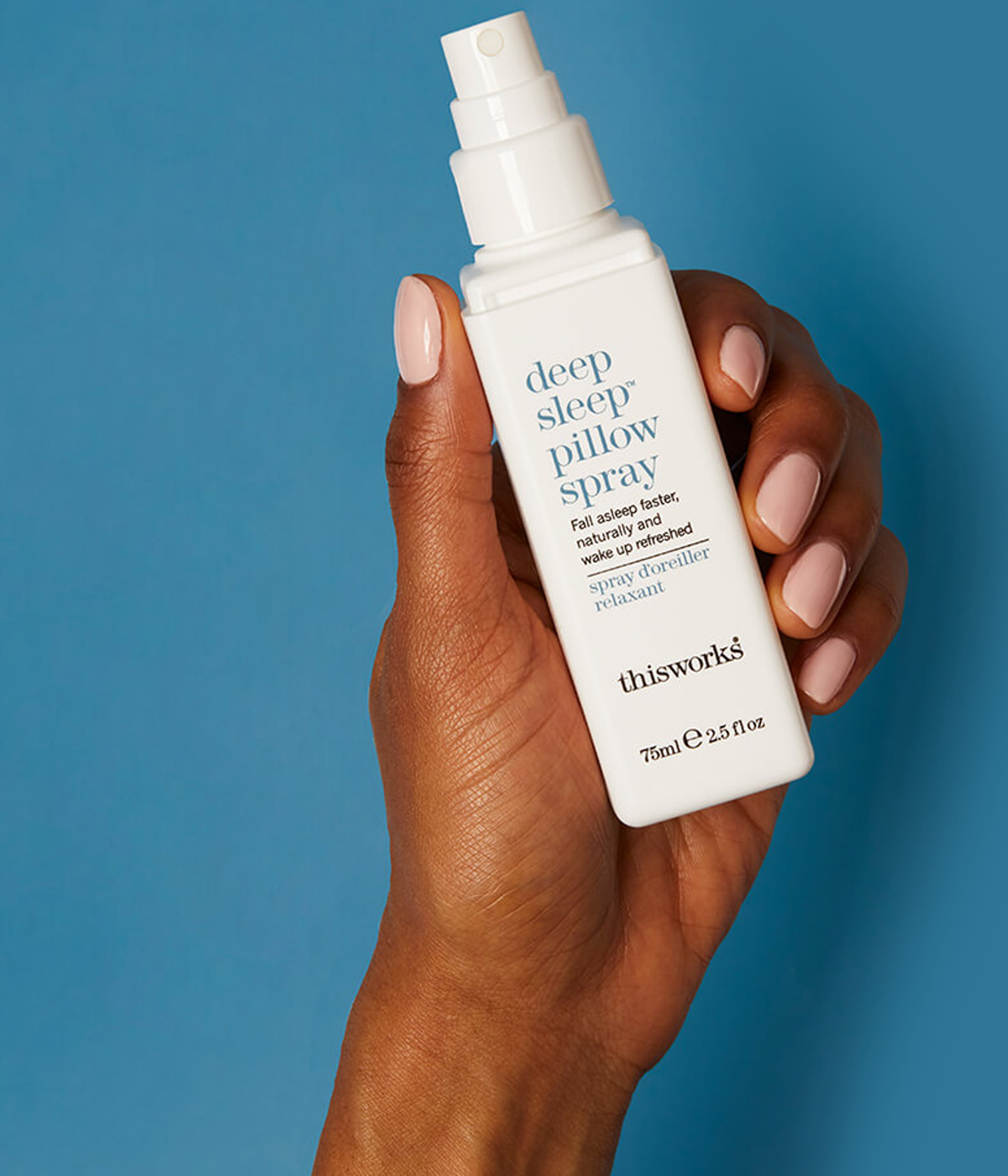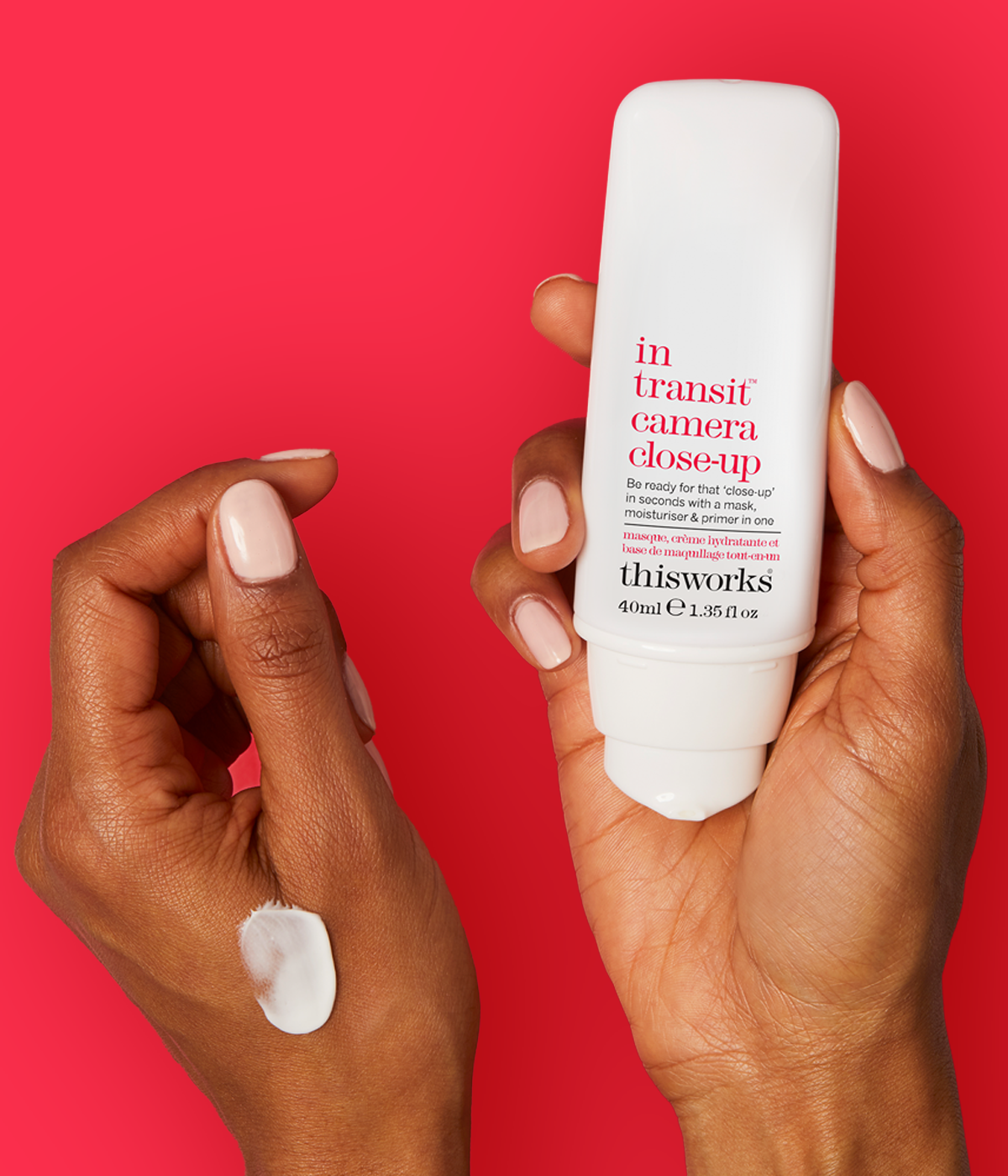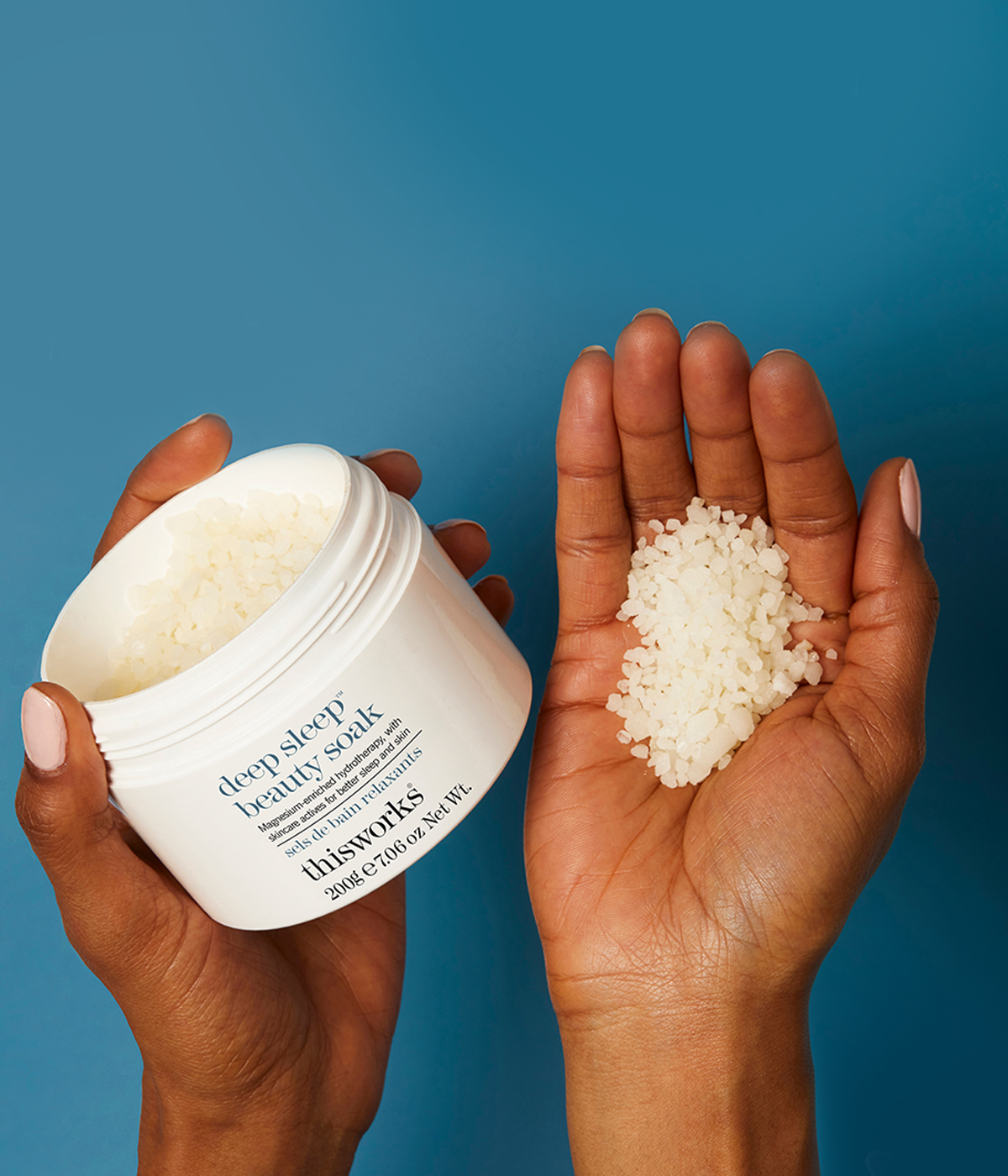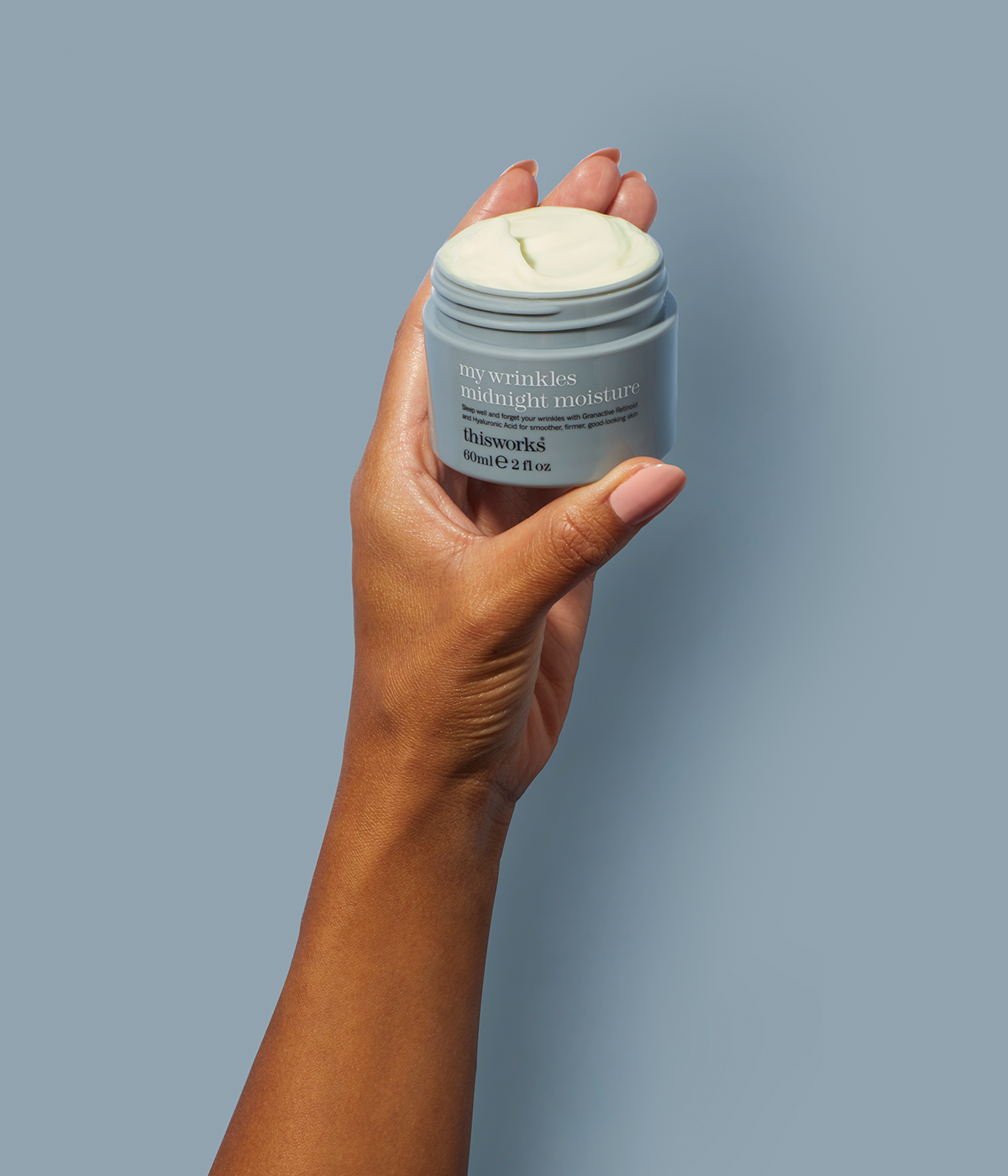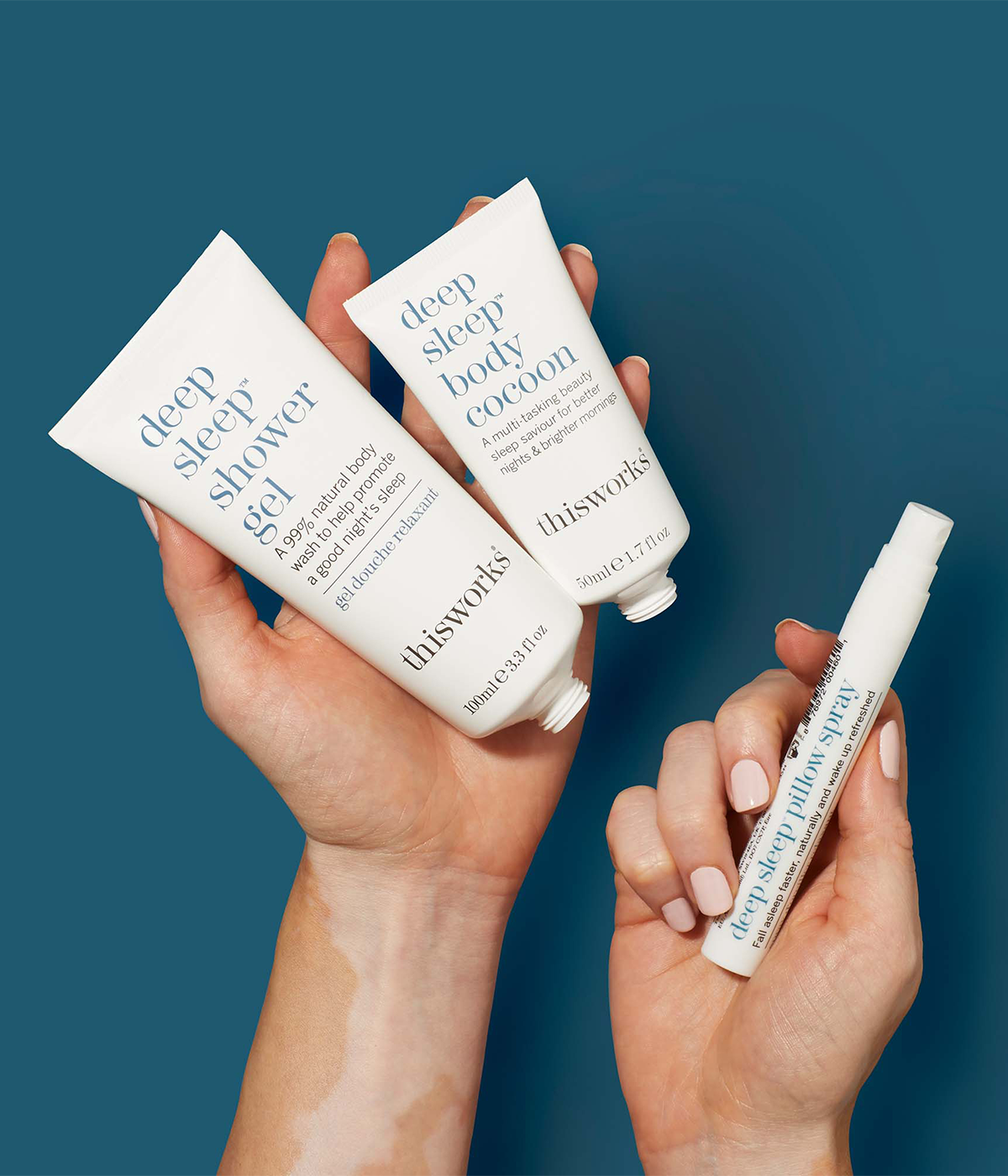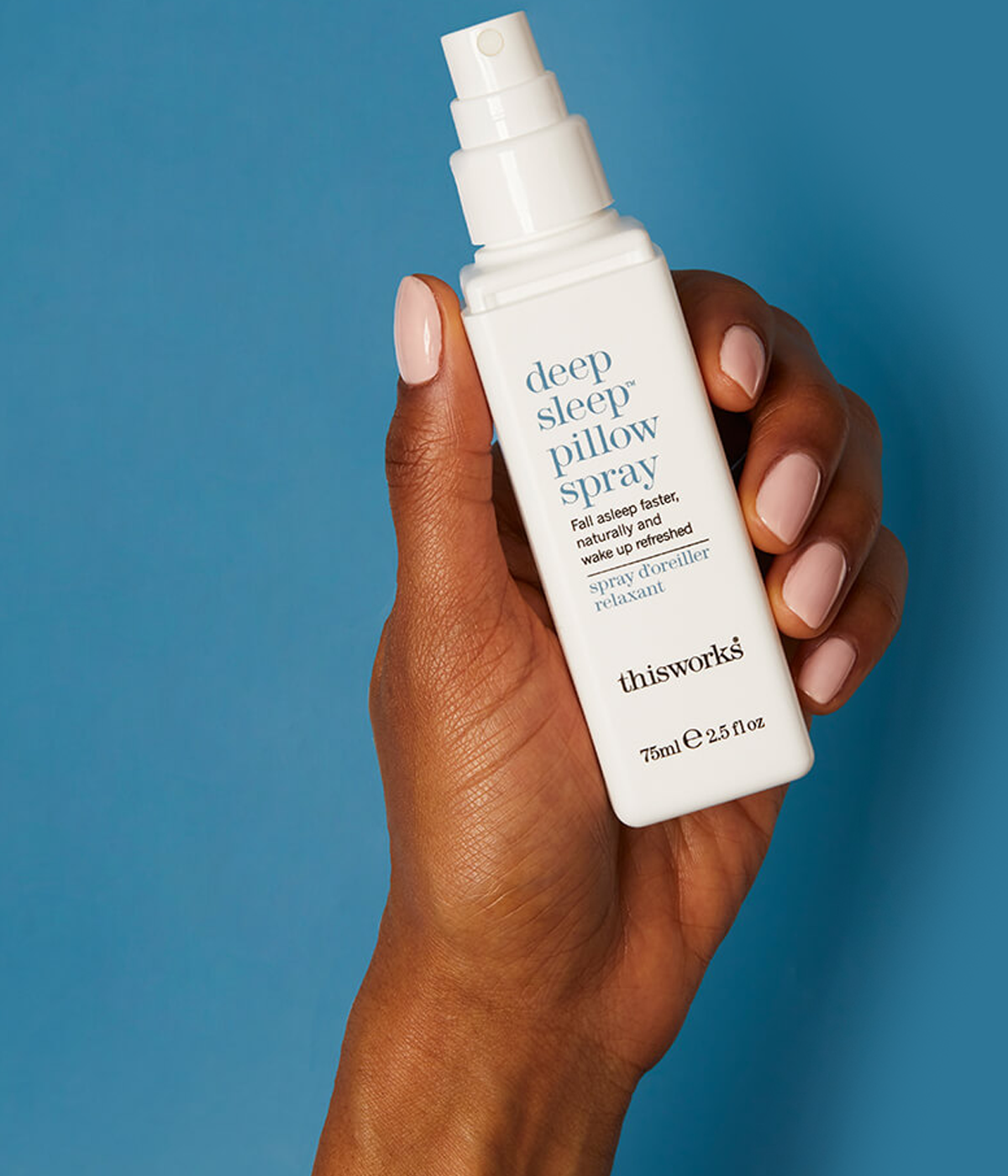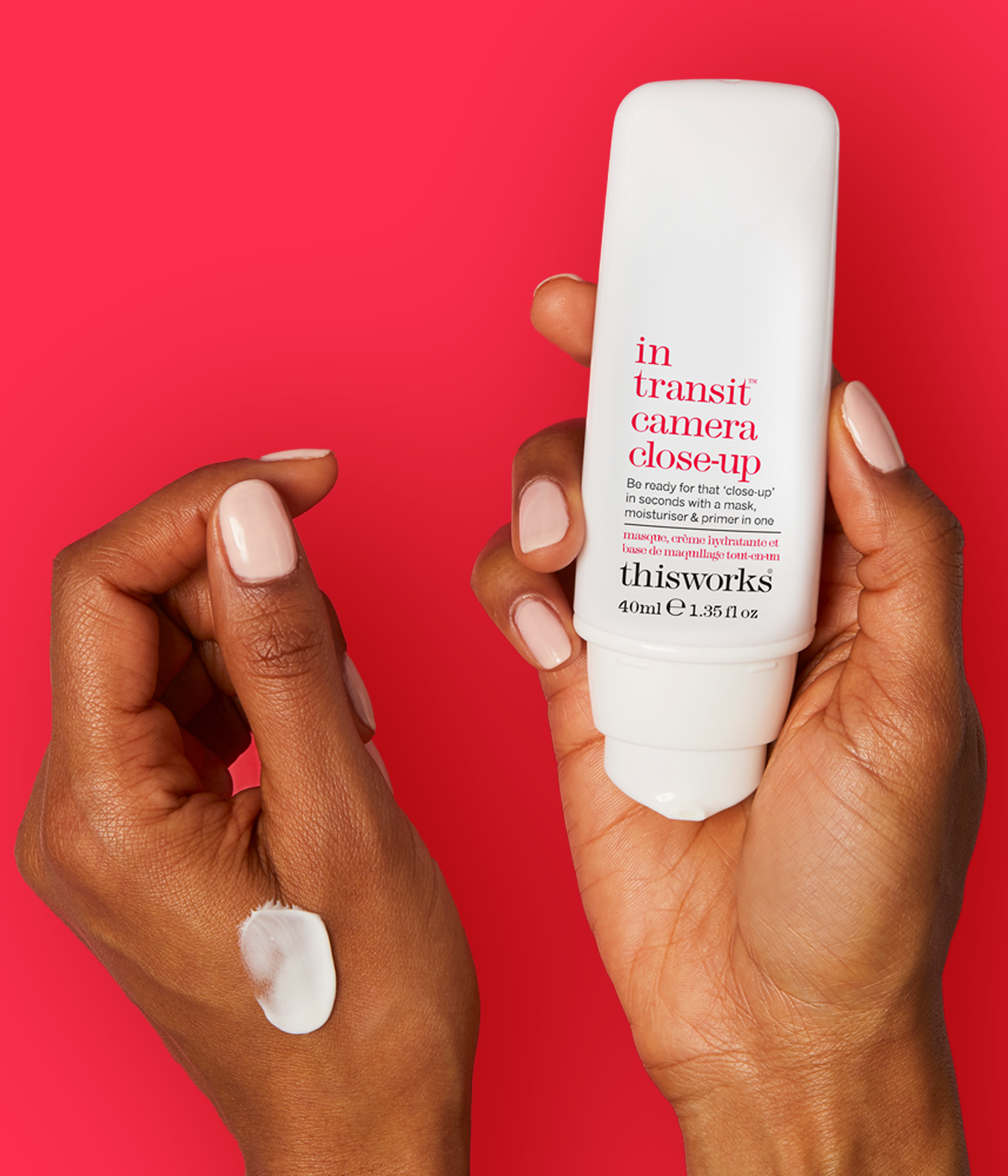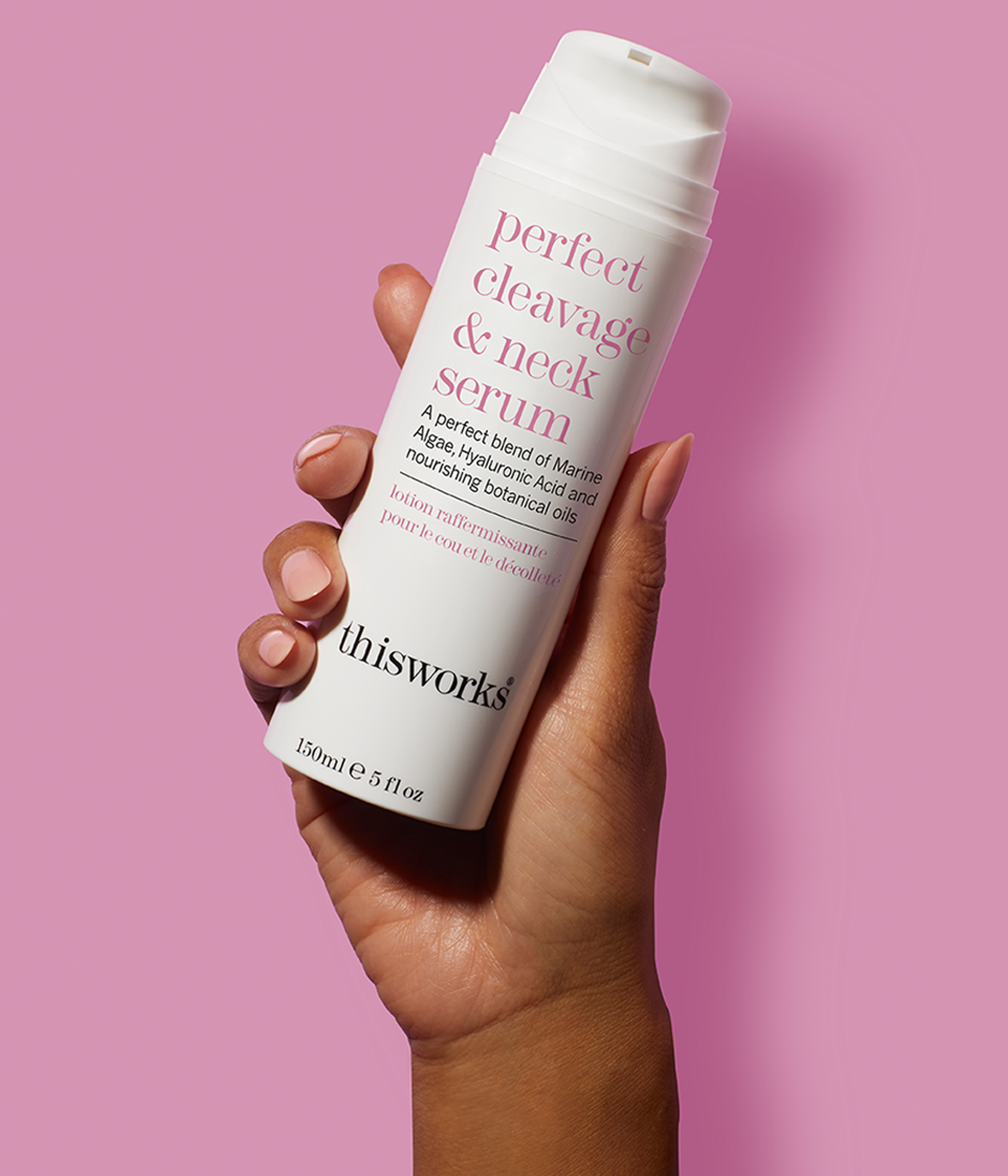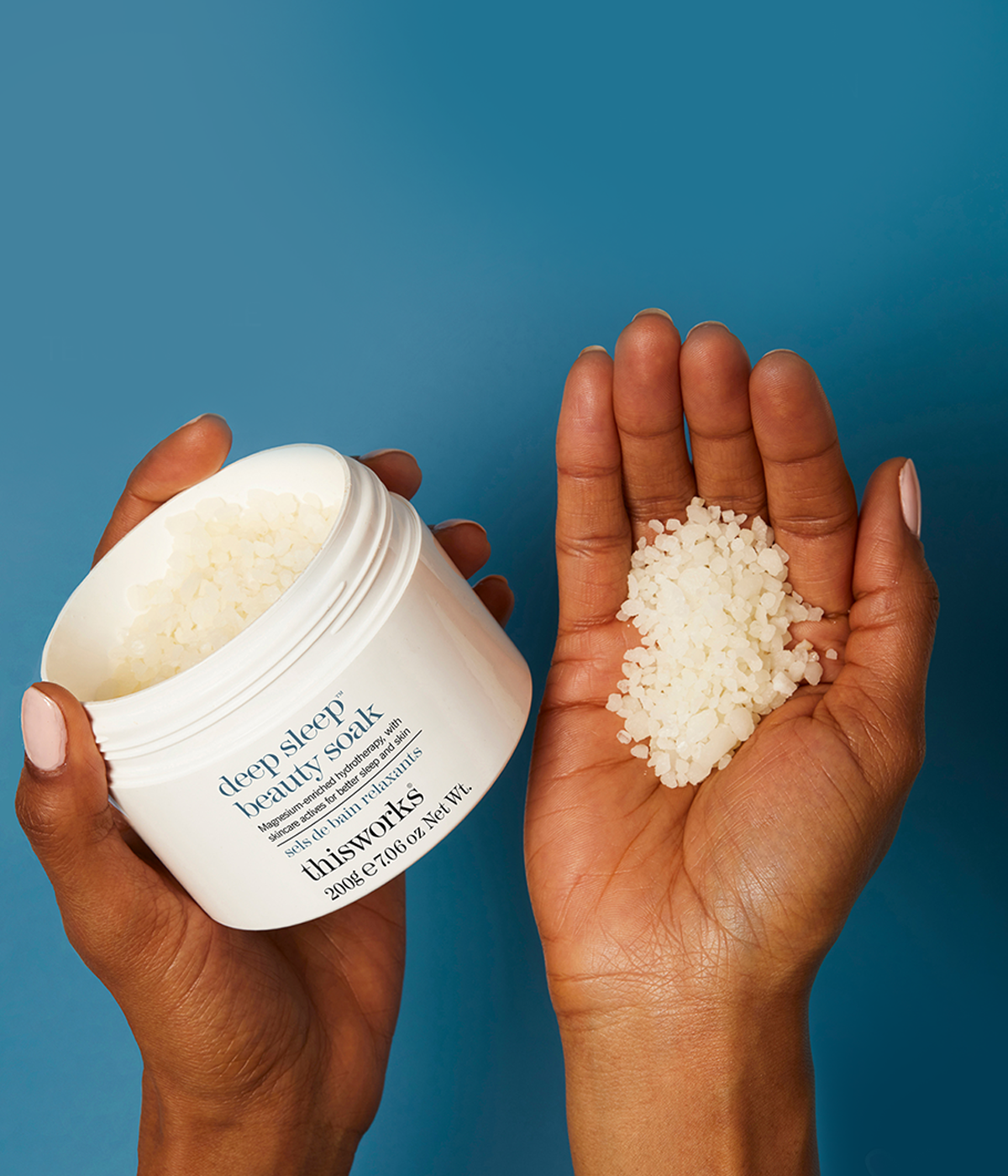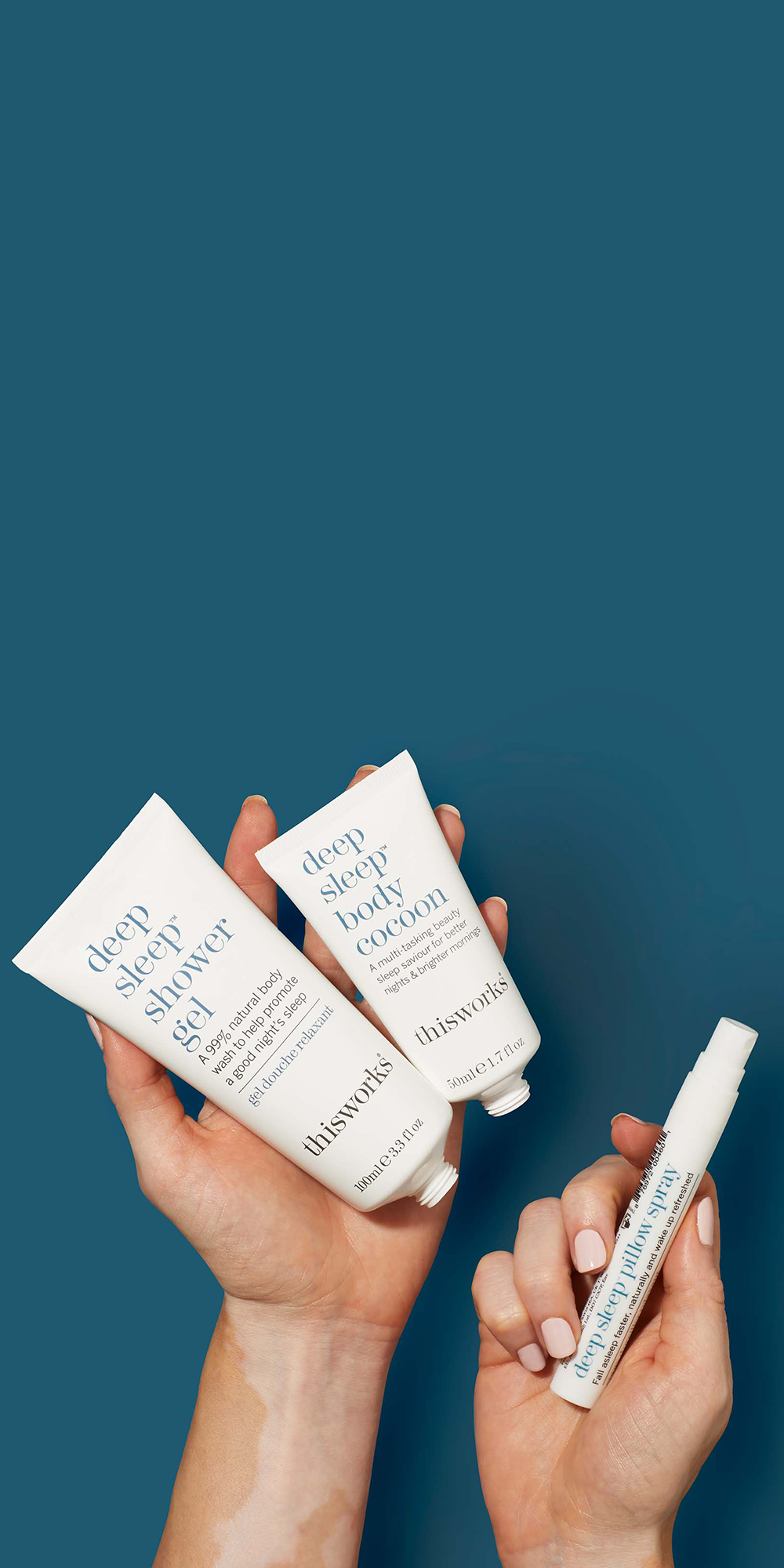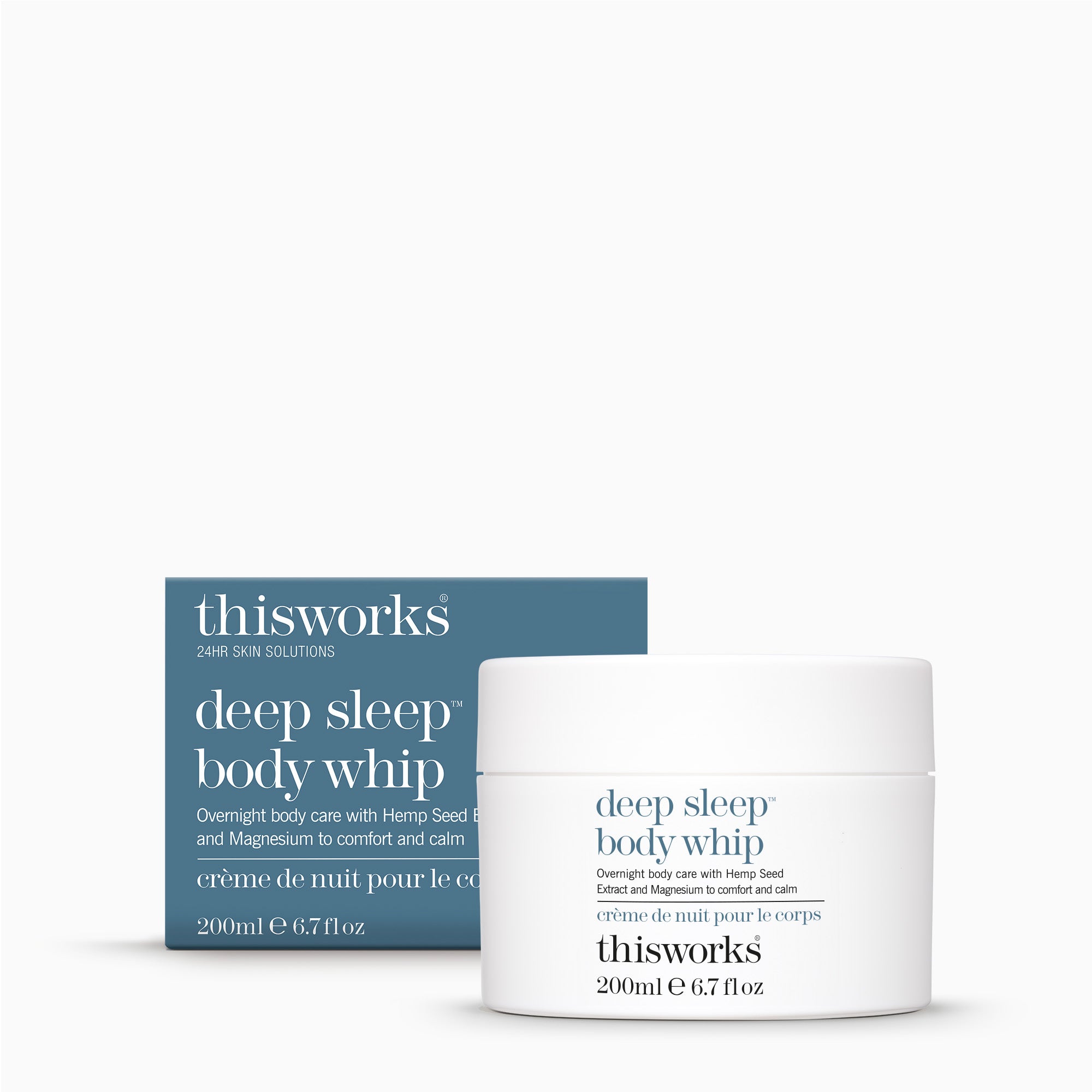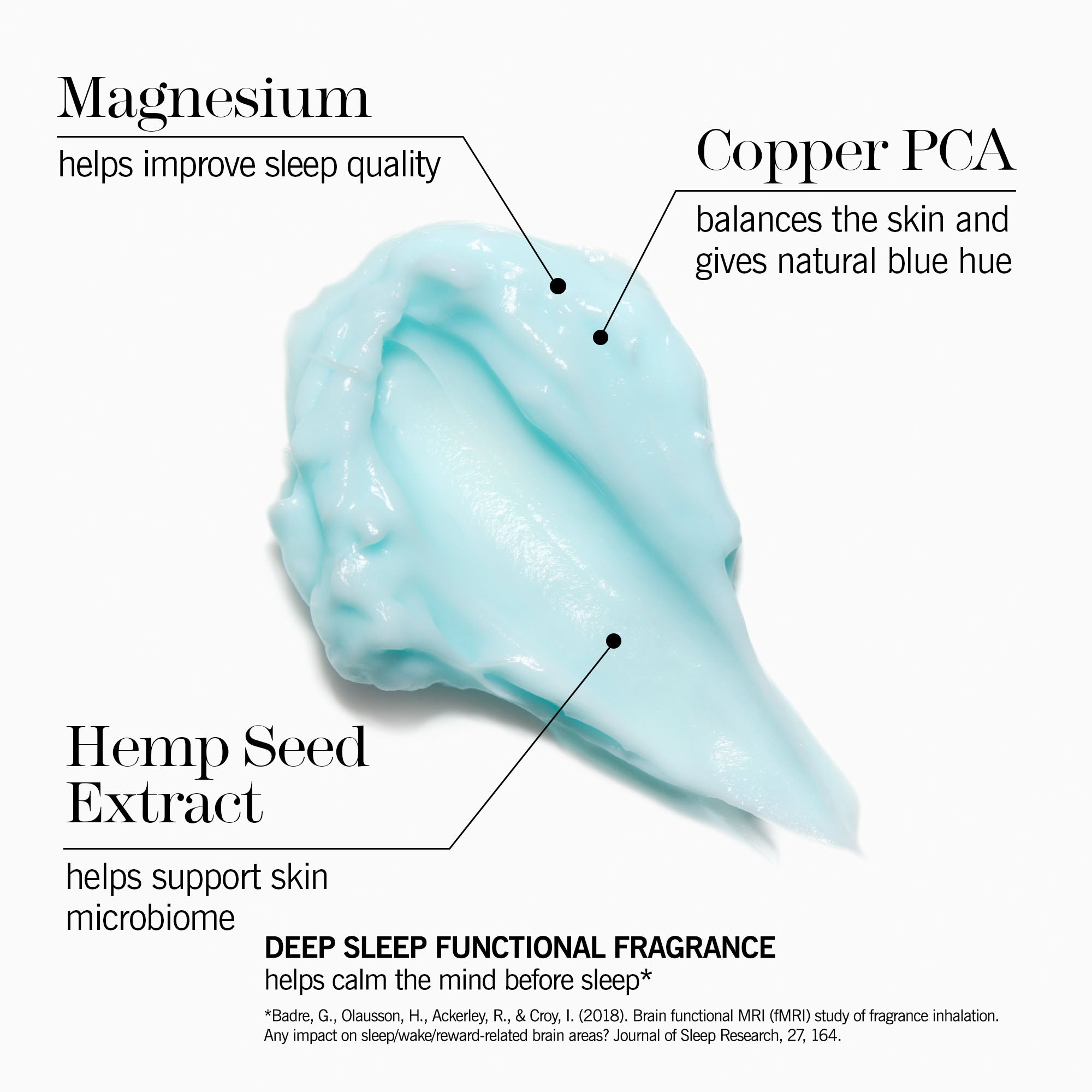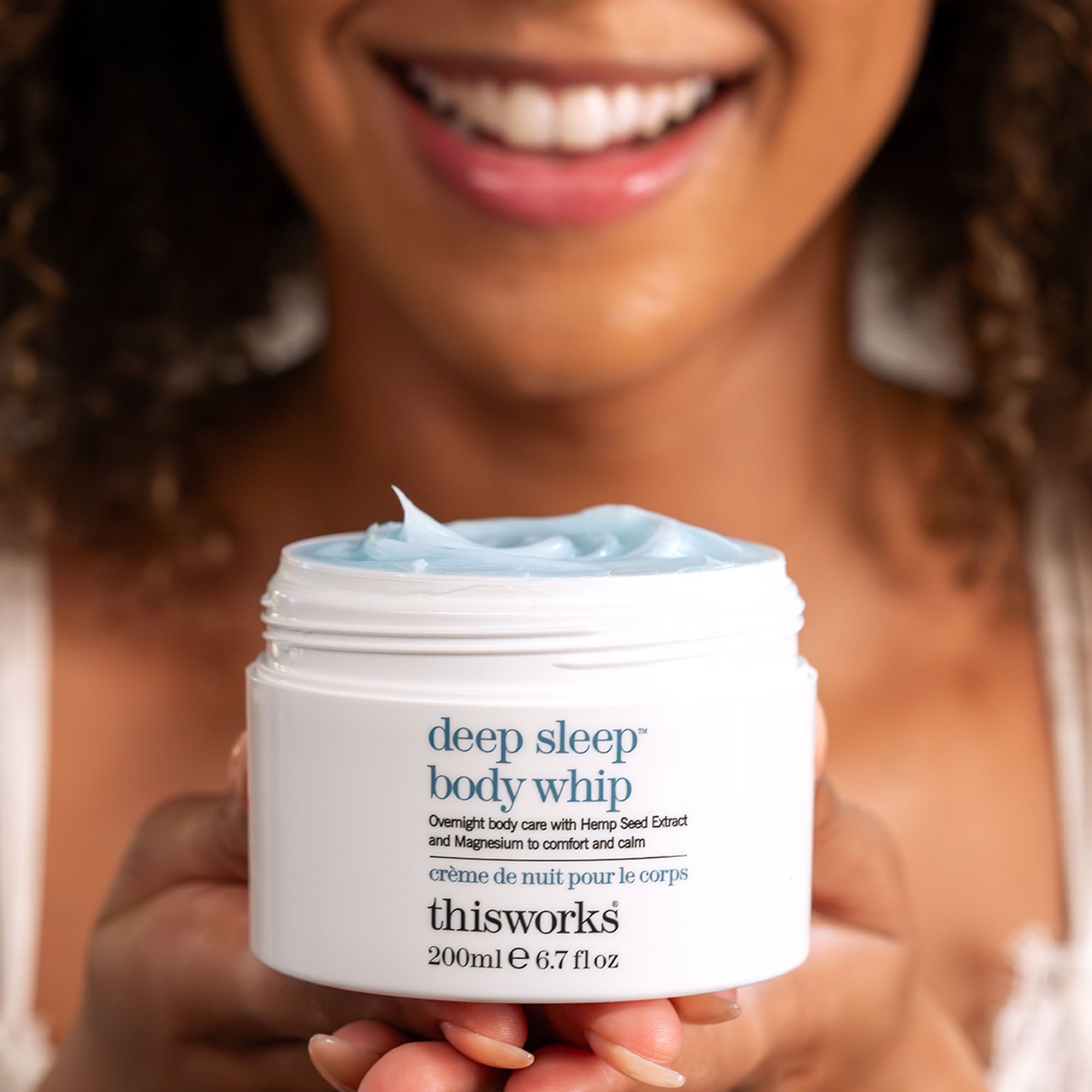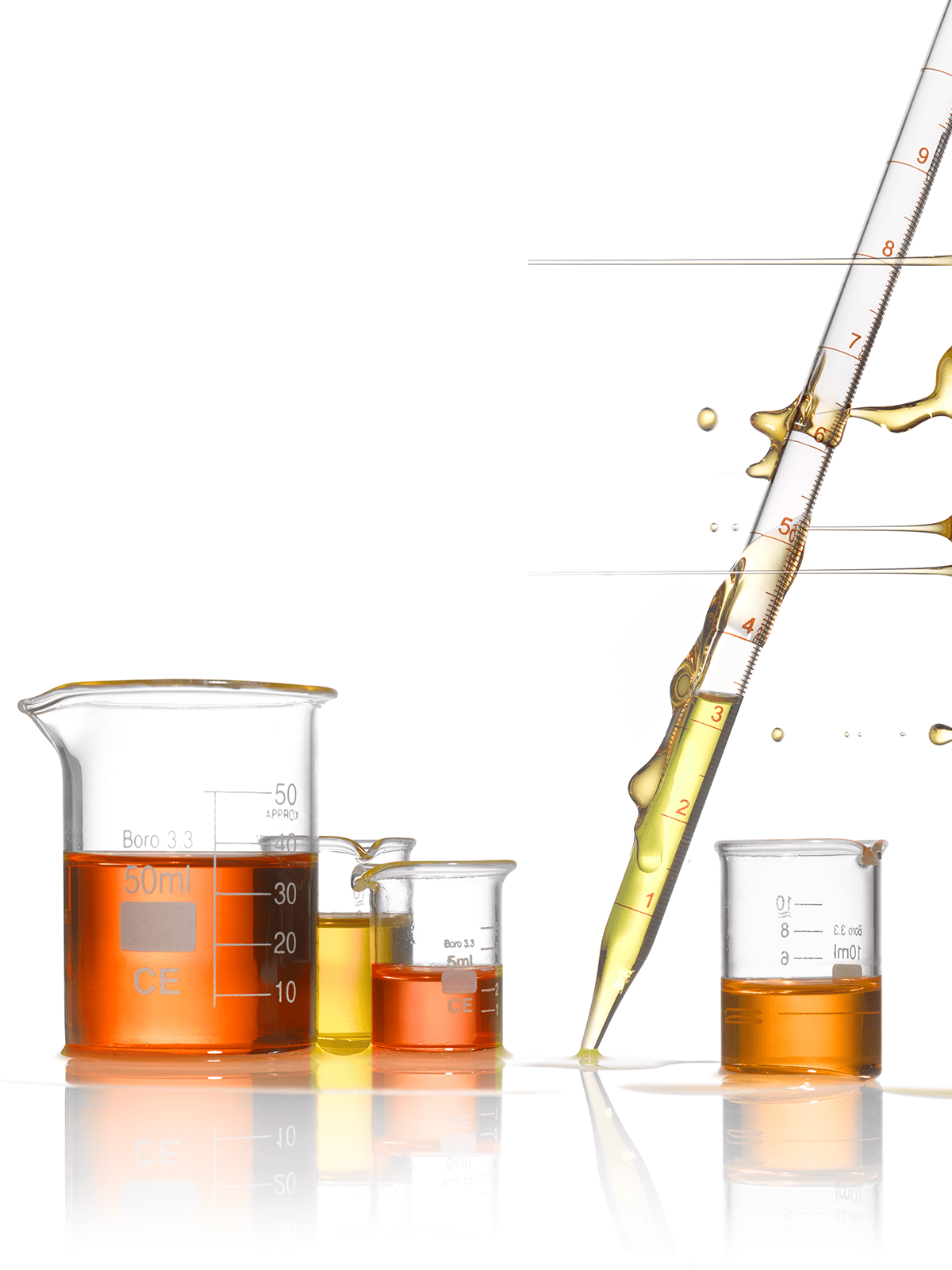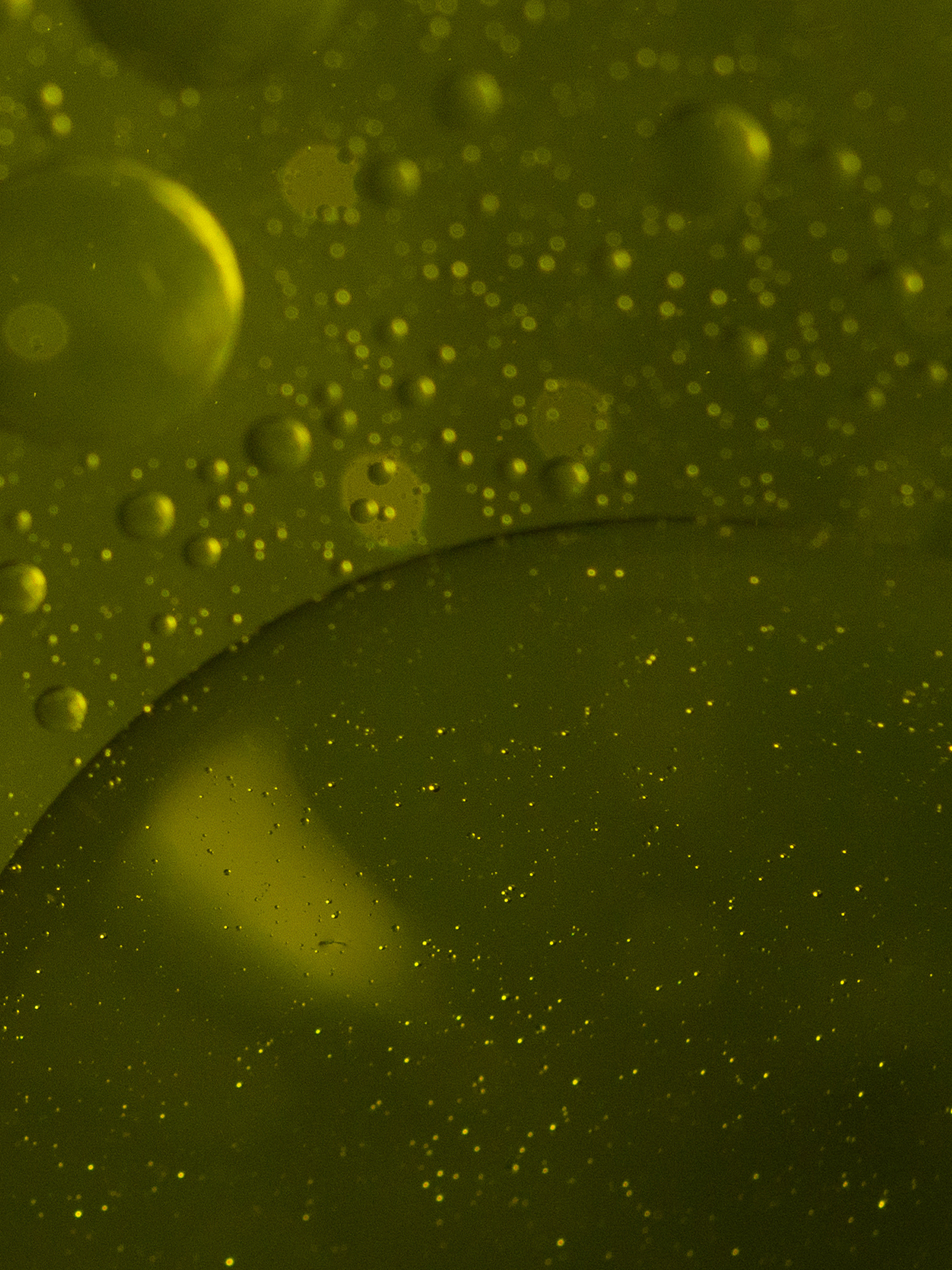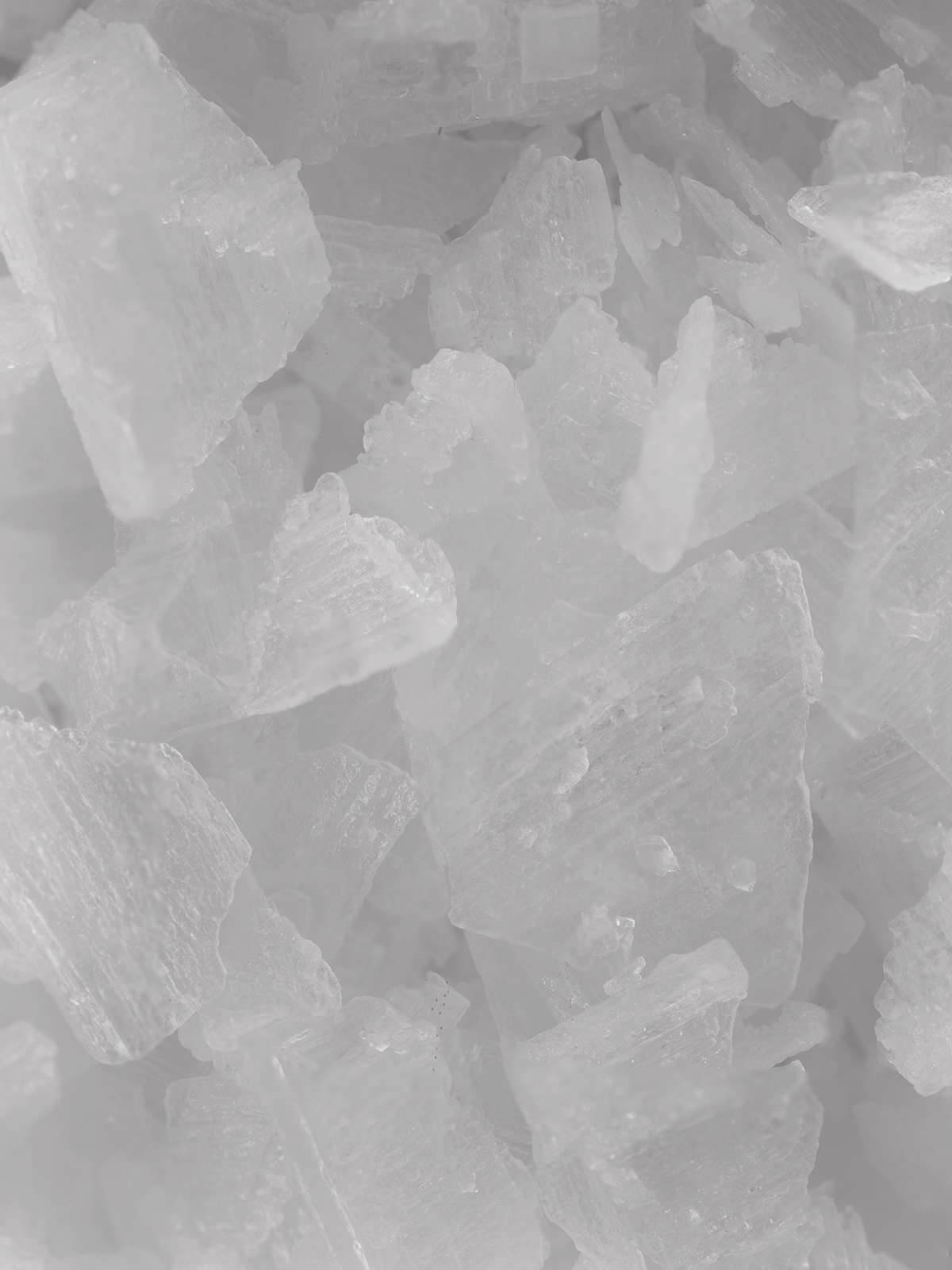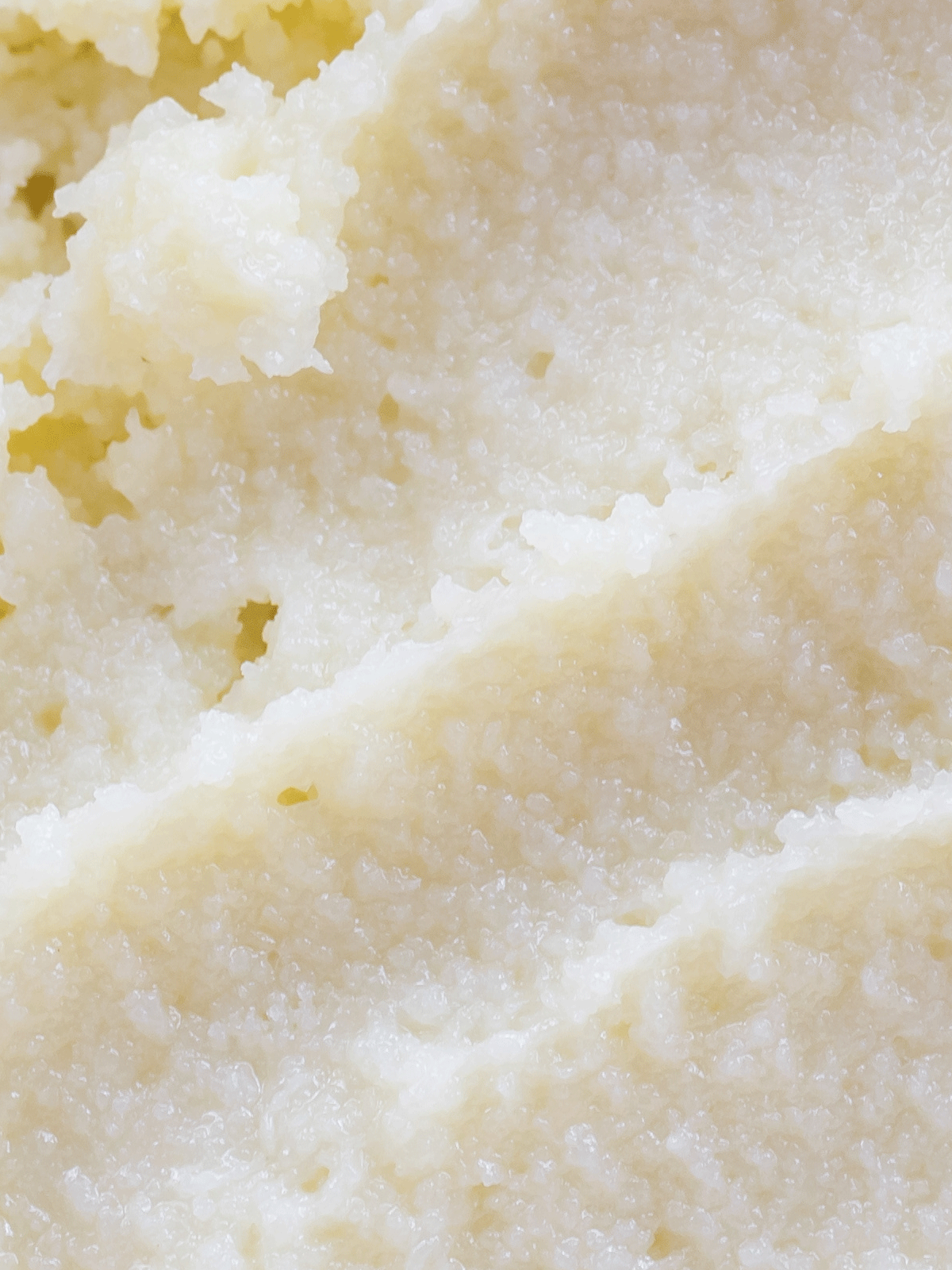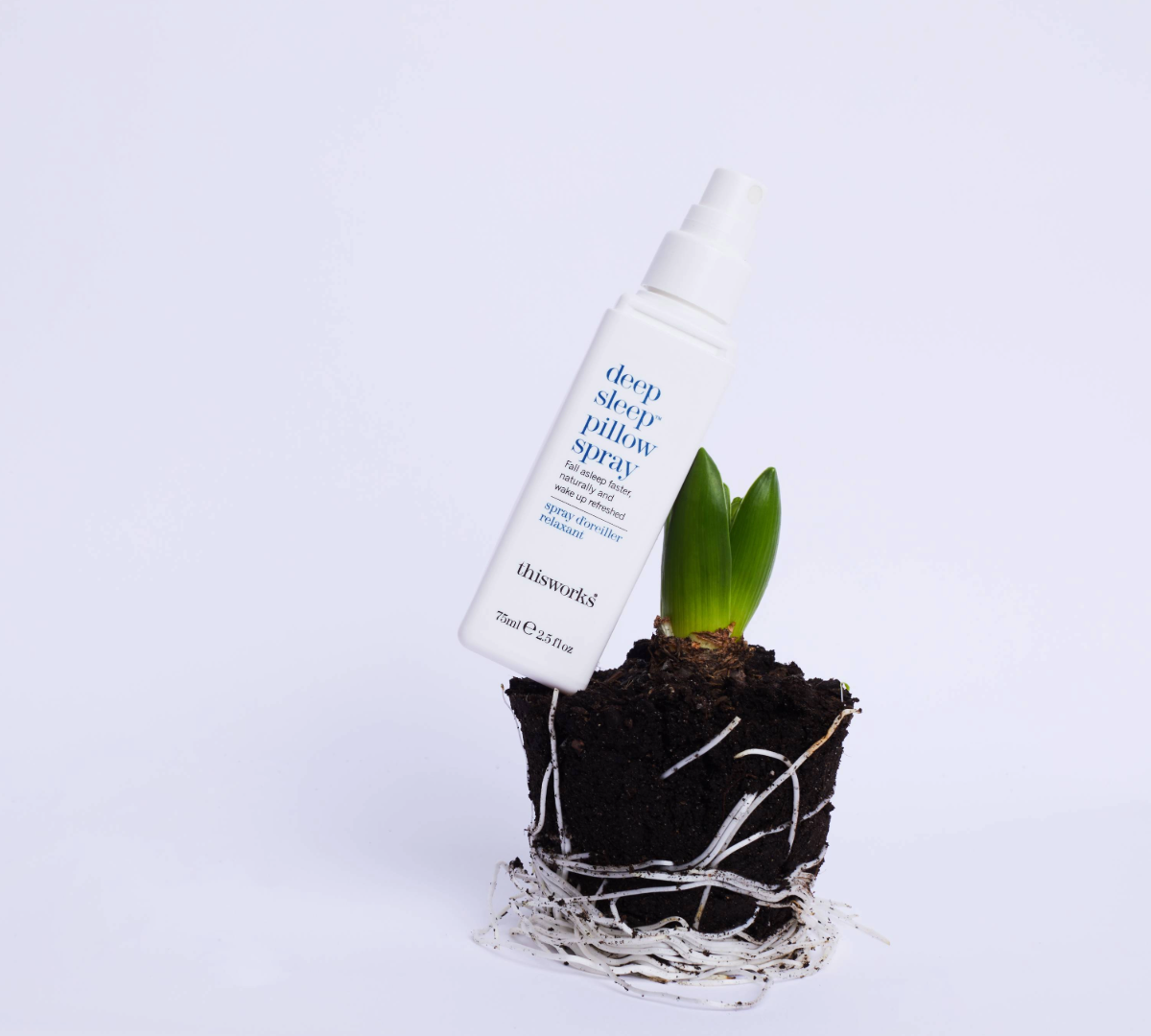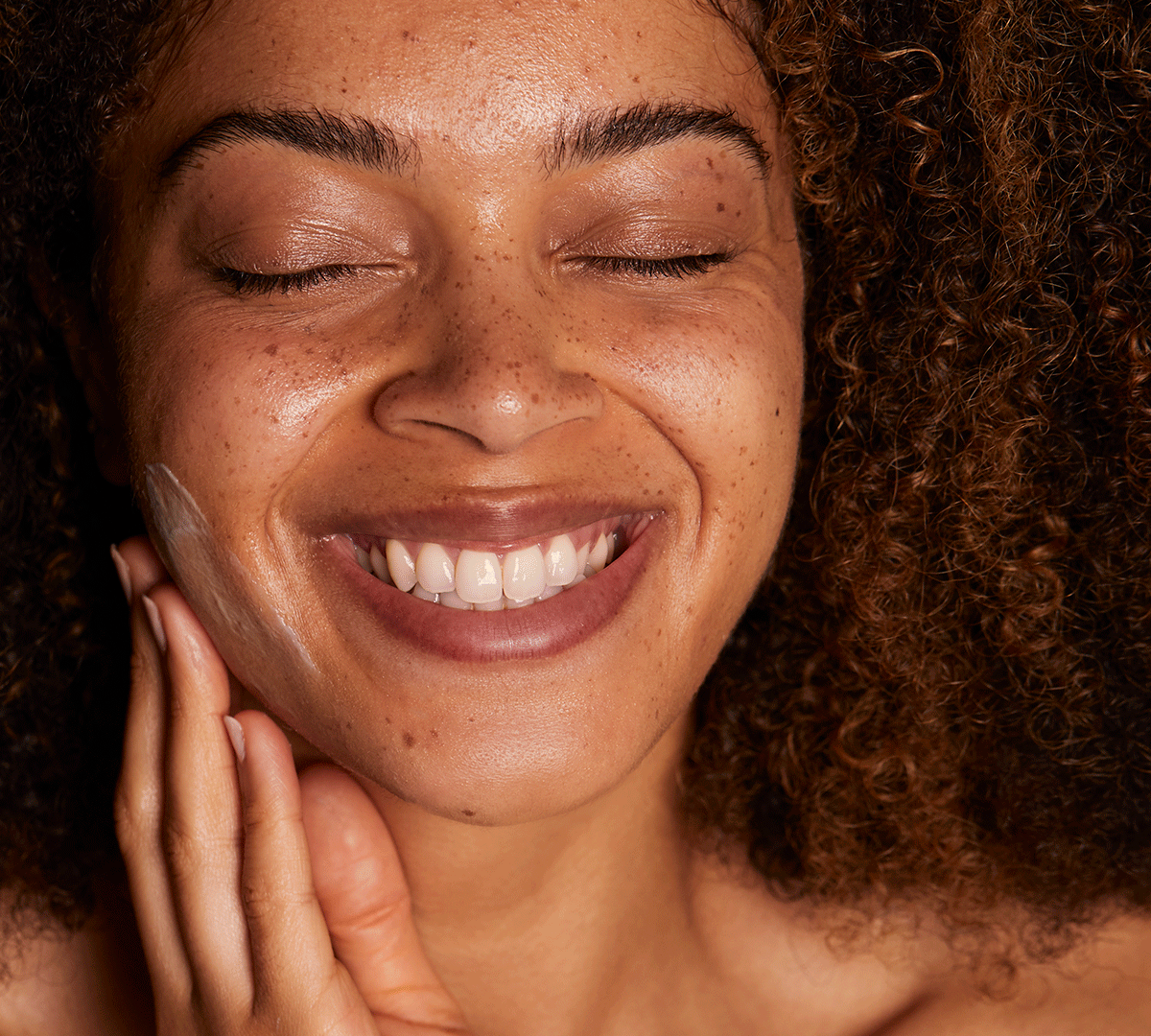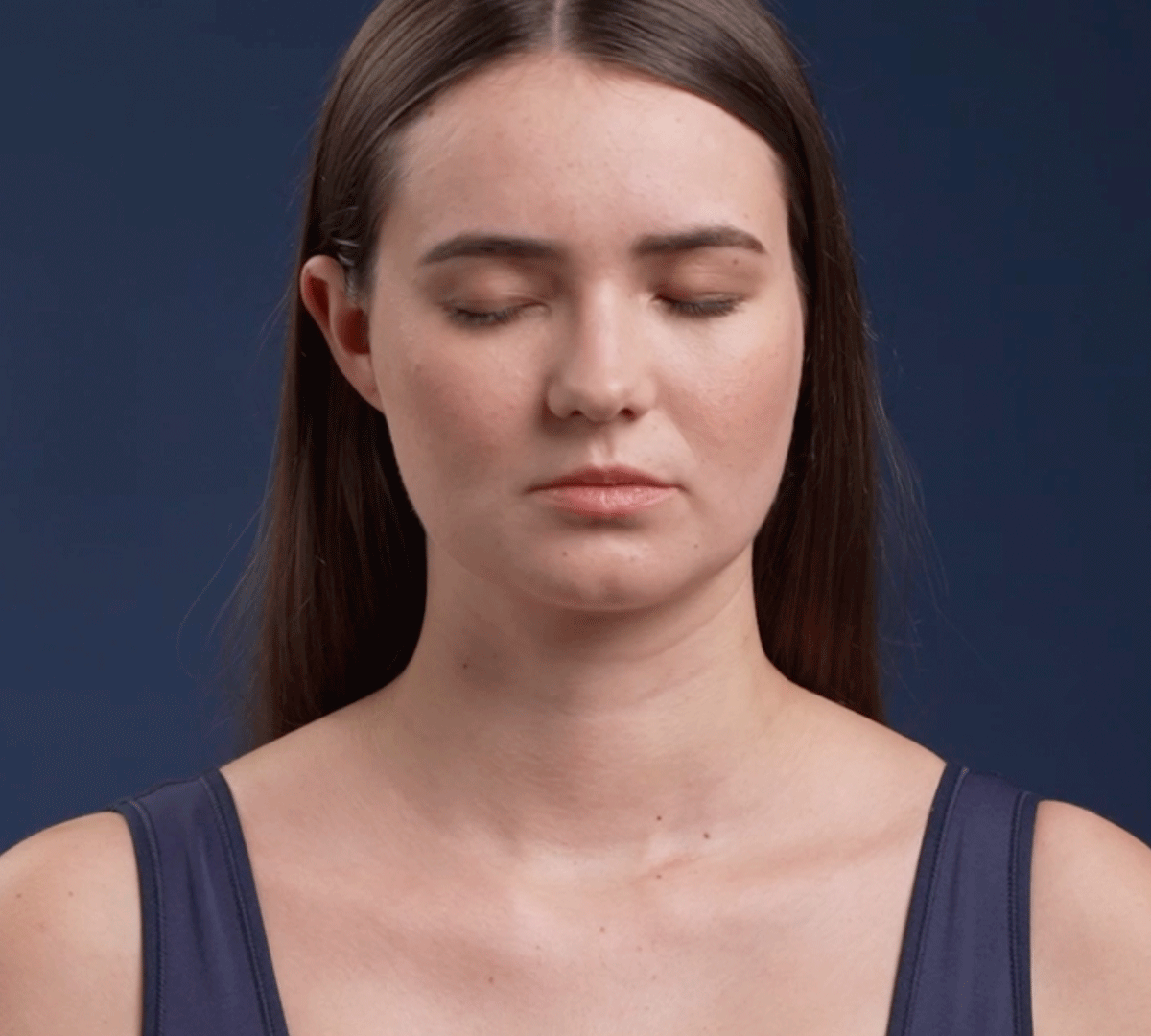Magnesium’s relaxing properties are linked to its role in regulating calcium channels within cells. By inhibiting excessive calcium influx—which can lead to muscle contractions and tension—magnesium promotes relaxation and can help ease the discomfort associated with muscle tightness or spasms, as well as symptoms of restless legs syndrome. Restless legs syndrome is characterised by an uncontrollable urge to move the legs, often accompanied by tingling or discomfort, particularly in the evening or at night. Topical magnesium may support nerve and muscle relaxation in these areas, providing symptomatic relief and possibly improving sleep quality for individuals affected by these issues.
Topical magnesium may enhance sleep quality by influencing cortisol and GABA (gamma-aminobutyric acid) pathways. Cortisol, a stress hormone often elevated in those with sleep difficulties, can interfere with relaxation and sleep onset. Magnesium helps regulate cortisol production through the hypothalamic-pituitary-adrenal (HPA) axis, promoting a natural evening decline in cortisol levels essential for sleep readiness. Additionally, magnesium supports the production of GABA, a neurotransmitter that calms nervous activity and reduces alertness, helping the mind and body transition smoothly into restful sleep, particularly for individuals dealing with stress or insomnia.
Magnesium's benefits also extend beyond muscle recovery to include critical functions in skin health, repair, and collagen synthesis. Magnesium is essential for cellular regeneration and the synthesis of collagen, a structural protein that maintains skin elasticity and resilience. Collagen production naturally declines with age, and physical stress—such as that from intense athletic activity—can further compromise skin integrity and slow down the repair of minor abrasions, cuts, and inflammation. Adequate magnesium levels support collagen stabilisation and may enhance skin repair processes.
Overall, topical magnesium offers potential benefits that extend beyond physical recovery, supporting relaxation, better sleep quality, skin repair and relief from muscular discomfort.
Wolf et al., 2017
Eby, 2010
Abassi et al., 2017
Fang et al., 2018
